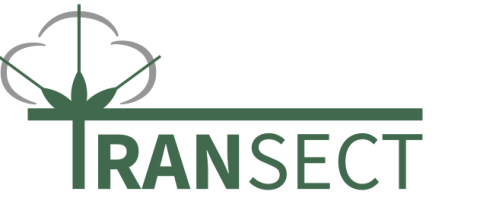
Organiser's description
The demand for food and biomass is increasing globally, while natural resource overuse and climate change pose additional challenges to their production. Moreover, soaring energy and input prices push agricultural production to the limits. There is a need to rethink existing agri-food systems and to develop alternative production approaches with more sustainable trajectories. As one pathway, the concept of ‘sustainable bioeconomy’ (or ‘bio-based economy’) has been promoted by policy makers, particularly in the Global North, but also in China and India: This comprises productivity enhancing innovative technologies with reduced environmental footprints and dependency on fossil resources. It also includes the more efficient use of agricultural resources by developing improved value chains and circular economies, among other approaches. Yet, these policy directions have also been criticized from various directions: First, due to their narrow focus on technological fixes and productivity growth, and second, because they tend to neglect complex social-ecological dependencies of existing production systems. In this sense, these approaches often uncritically accept mainstream agrarian policy directions, neglect systemic transformations, and overlook the innovative potential of local knowledge and experiences. Hence, for any meaningful sustainability assessment of existing and envisioned pathways of agricultural change and bioeconomy, localized approaches, highlighting social and environmental perspectives, are critical.
This international conference is organized by the research group ‘TRANSECT—Agrarian Transformations and Social-Ecological Complexities. Local Bioeconomy Scenarios in Central and South Asia’ at HNEE (www.transect.de). It aims to bring together researchers, practitioners, and activists working on similar questions in the region and beyond to foster knowledge exchange and comparative research perspectives.
Read more here.






